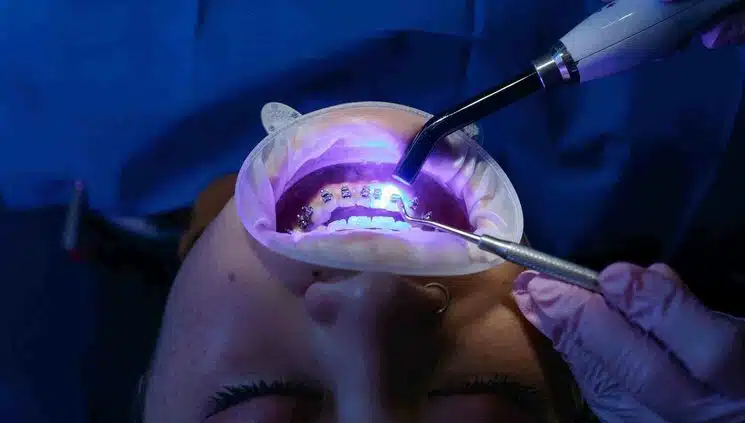While due diligence primarily protects buyers, it is equally crucial for sellers during the sale of a business. Effective due diligence can facilitate a smoother transaction. Identifying the key areas of due diligence specific to selling a dental practice, will help you anticipate the inquiries and requirements from potential buyers.
1. The Practice
As a seller, it’s essential to demonstrate that your practice complies with all statutory regulations from the General Dental Council (GDC) and data protection laws. Prepare and submit relevant documentation, including proof of registration with the Care Quality Commission (CQC) and your practice’s health and safety policy.
You should also provide a redacted list of current patients, an estimated stock value, and details of any complaints or pending legal issues. Transparency is critical; withholding information could harm negotiations or lead to legal disputes post-sale.
Additionally, buyers should receive signed financial accounts for the past three years and copies of any mortgages or charges related to the practice.
2. Goodwill
To establish the goodwill of your dental practice, provide a copy of your General Dental Services (GDS) or Personal Dental Services (PDS) contract with the NHS. Include relevant documents such as Business Services Authority (BSA) schedules, annual reviews, breach notices, vital signs reports, and other pertinent correspondence.
While it’s advisable to inform the buyer of your future practice plans, as this could impact goodwill, you are not obligated to disclose this information.
3. Employees
Your staff can significantly influence the sale, as their familiarity with patients contributes to the practice’s goodwill. Provide information on employment terms, PAYE and National Insurance contributions, and any disciplinary actions. Additionally, include proof of qualifications, GDC registration, and records of continuous professional development (CPD).
4. Contracts
Submitting copies of all relevant contracts is crucial to demonstrate regulatory compliance and ensure smooth operations post-sale. Alongside your GDS or PDS contract, provide copies of lease or tenancy agreements, commercial or service contracts, and waste disposal contracts.
5. Property and Equipment
Buyers will require comprehensive details about the property housing the practice. Include documentation proving tenancy or ownership, occupancy details, and a property boundary plan. Ensure you provide proof of planning permissions for dental practice use and disclose any easements or covenants.
Showcase that the practice premises are in good, safe condition by submitting asbestos survey reports, fire and legionella risk assessments, and energy performance certificates, along with any other supporting documentation. It’s also important to demonstrate that the practice’s equipment is well-maintained, so include repair and maintenance records, and consider bringing in an appraiser for equipment valuations.
It’s important to note that if you are a seller who is a leasing a property through a third-party landlord, and you find yourself in a position where you need to extend the lease due to the deal, you mustn’t tip the landlord off that the extension is due to you selling the practice. Landlord’s can, in such circumstances, demand a premium for granting an extension – so be cautious.
By addressing these areas of due diligence, you can help ensure a successful sale of your dental practice while protecting your interests as a seller.
For more information or for expert advice on business or personal legal issues, contact us at info@carterbond.co.uk or email us at www.carterbond.co.uk or call us on 020 3475 6751.
This content is not intended to be used as a substitute for specific legal advice or opinions. No recipients of content from this site should act or refrain from acting on the basis of content of the site without seeking appropriate legal advice.

